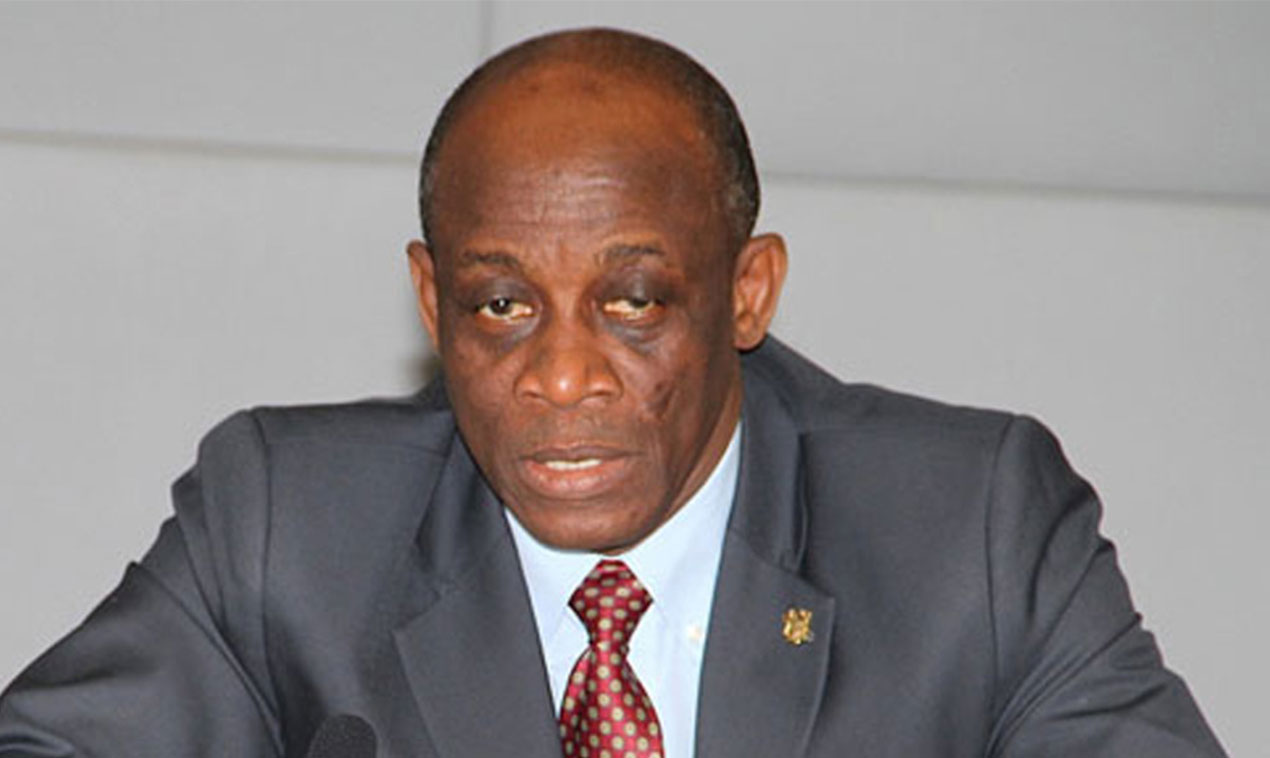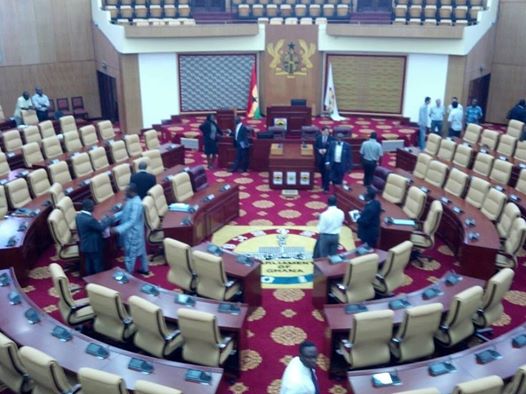Eurobond?
The bond is a soft one with a tenure of 15 years amortising in years 2028, 2029 and 2030. The principal will be repaid in three instalments of US$333 million in 2028 and 2029 and US$334 million in 2030.
The 15-year tenure means that Ghana has become the first sub-Saharan African country to successfully issue a 15-year bond.
The statement explained that just as with the three previous issues, this year’s bond attracted investors from the United Kingdom, Europe, the United States, the Middle East and Asia.
It said the notes would be listed on the Irish and the Ghana Stock exchanges.
Roadshow
It said the bond was issued after an eight-day roadshow that took the Ghana team, led by Mr Seth Terkper, the Minister for Finance, and Dr Henry Kofi Wampah, the Governor of the Bank of Ghana, to London, Los Angeles, San Francisco, Boston and New York.
Terkper’s response
Reached for his comments in the US, Mr Terkper expressed satisfaction at the development, especially when some analysts had earlier expressed doubt over Ghana’s ability to raise the Eurobond.
He called on Ghanaians to view the opportunity within the context of the difficult environment within which it happened.
According to Mr Terkper, the initiative, which was backed by the World Bank partial guarantee of US$400 million, had enabled Ghana to borrow on reasonable terms in a rather difficult market, saying that it had been acknowledged as the first time in sub-Saharan Africa, but following South Africa in Africa, that a country had been able to do a 15-year tenure on the capital market.
He explained that there was confusion surrounding the latest initiative because in the earlier three bonds, the pricing came immediately after the roadshow.
However, he said, the most common practice was to wait for an opportunity to price when market conditions were conducive.
“Therefore, given recent volatilities in the market, including the US Federal rate decisions, the slowdown in the Chinese economy, the fall in commodity prices, as well as outflows of funds from emerging markets and peripheral markets, it makes sense for Ghana to wait for a good opportunity to price the bond,” Mr Terkper said.
He said the Eurobond would be used to refinance maturing domestic debts.
He noted that Ghana had once again issued a landmark bond, as many new investors had participated in the transaction, enabling Ghana to expand its investor base.
He reiterated that the bond issuance was in line with Ghana’s new debt management strategy, guided by the principle of smoothening the maturity profile and minimising interest burden on the budget.









 (Selorm) |
(Selorm) |  (Nana Kwesi)
(Nana Kwesi)